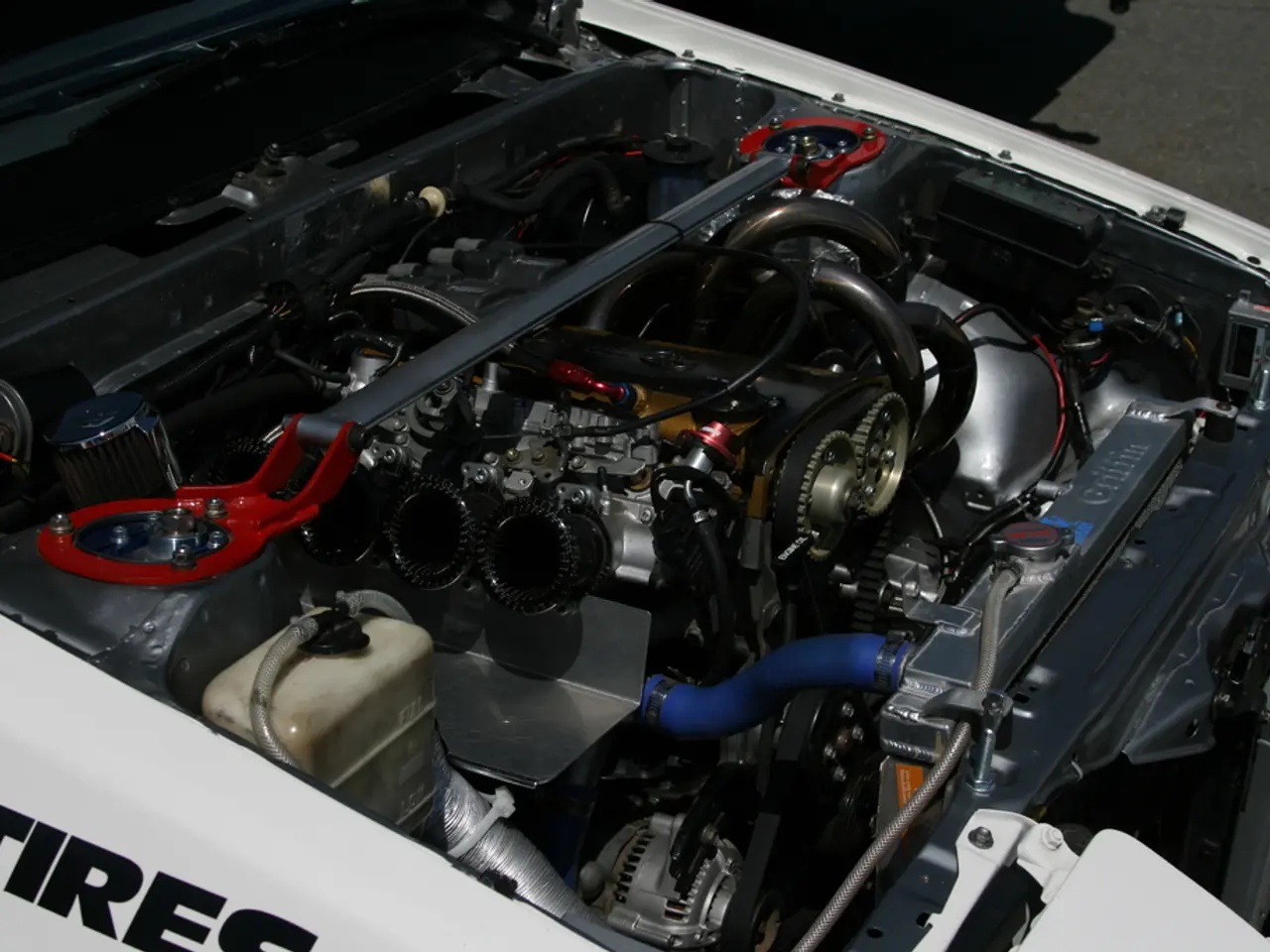Tesla seeks U.S. battery self-reliance through a $4.3 billion deal with LG Energy Solution?
In a significant move for the energy storage industry, LG Energy Solution (LGES) has secured a $4.3 billion deal to supply Tesla with lithium iron phosphate (LFP) batteries for energy storage systems. This partnership marks a strategic shift for both companies, as they aim to reduce supply chain risks and capitalise on the growing demand driven by AI data centres and renewable energy expansion.
The deal, which runs from August 2027 through July 2030, with an option to extend for up to seven additional years and increase volumes based on future discussions, will see LGES produce the batteries at its Michigan factory, which recently began production. This partnership is expected to positively impact Tesla's energy division, providing a stable, tariff-advantaged supply of LFP cells, enabling expansion of energy storage deployments at data centres and renewable installations.
For Tesla, this deal helps reduce reliance on Chinese battery suppliers and tariffs associated with overseas procurement, strengthening its domestic supply chain in the U.S. For LGES, it offsets lagging demand in electric vehicle battery sales by pivoting toward energy storage applications. This comes after Tesla’s CFO noted challenges sourcing cells from China, indicating this deal aligns with Tesla’s broader strategy to diversify and localize battery supplies outside China.
The global solid-state battery market is expected to grow from $0.26 billion in 2025 to $1.77 billion by 2031, with a projected CAGR of 37.5%. Other major players like ProLogium (Taiwan), Ilika (UK), and Blue Solutions (France) are also advancing the global rollout of solid-state battery technologies. North America is leading in both research and commercialization of solid-state batteries, with U.S. companies like Solid Power, QuantumScape, Sakuu Corporation, and Excellatron spearheading innovation in this field.
LGES is committed to achieving carbon neutrality across its value chain by 2050, converting 100% of its power use across all global sites to renewable energy by 2030. The company is also working on creating a closed-loop battery ecosystem, actively exploring ways to reuse used EV batteries for energy storage and recycle production waste.
In summary, the Tesla-LGES partnership for LFP batteries represents a major advancement in scaling U.S.-based energy storage capabilities and reducing supply chain risks, supporting demand growth in Tesla’s energy storage business amid a shifting battery market landscape. This partnership underscores the growing importance of energy storage solutions in the context of the rapid expansion of AI data centers and renewable energy installations, and the increasing need for diversified and localized battery supplies.
Investment in clean energy policies is vital for companies like LG Energy Solution (LGES) and Tesla, as they aim to increase production of lithium iron phosphate (LFP) batteries for energy storage systems. Implementing regulations that support renewable energy expansion and AI data centers will incentivize further investment in this area.
Given the projected growth of the solid-state battery market and the commitment of companies like LGES to utilize clean energy and create circular battery ecosystems, it's clear that sports, such as Formula E or EV races, can serve as effective platforms to promote and showcase the benefits of clean energy innovations in the transportation and energy storage sectors.




